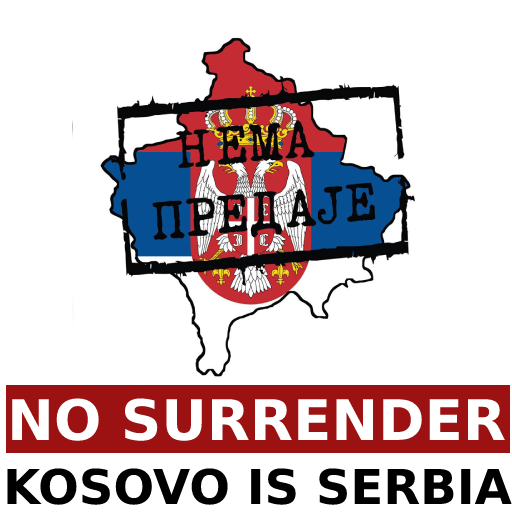English Language Grammar
English grammar is the way in which meanings are encoded into wordings in the English language. This includes the structure of words, phrases, clauses, sentences, and whole texts.
Grammar, Dictionary, Definitions, Meanings, Synonyms, Phrasal Verbs and much more
The Open Dictionary refers to a dictionary or lexicon that is open to contributions from the public. It is similar to a traditional dictionary in that it provides definitions of words, but it differs in that anyone can submit new entries or edit existing entries.
The goal of an open dictionary is to provide a collaborative and constantly evolving resource that reflects the current use and understanding of language by its speakers. Entries can be added, modified, or deleted by anyone with access to the platform, allowing for a more democratic and inclusive approach to language definition and representation.
The definite article before the superlative
The definite article are used before the Superlative. Examples : The definite article before the Superlative She is the prettiest girl in the class. This is the best game that I ever see. I am the best among us. The […]
Verbal Properties of The Gerund
Used as a verb, the gerund has tenses and active and passive forms:
Alphabet
The English Language Alphabet consists of 26 letters, 23 from Old English and 3 added later.
The Alphabet is based on the Latin script, which is the basic set of letters common to the classical Latin alphabet.
Numerals
Numerals in english language can be Cardinals and Ordinals.The cardinal numerals are one, two, three, four, five, etc. The ordinal numerals
The definite article indicate whole class
The definite article are used before common nouns to indicate the whole class. Examples : The definite article indicate whole class
Need – Dare
Defective verbs – Need / ni:d / and Dare. The ver need is used as a defective verb and as a regular verb. The defective verb need has only the present tense, takes no -s in the 3rd person singular.
The Future Perfect Tense
The future perfect tense indicates a future activity which will be ended by a definite moment or period of time.
Comparison with less and least
The comparison with less and least in english language is very similar as in comparison in most of the languages around the world. Examples of comparison with less and least This is the least acceptable amount of money. They […]
The Plural of Compounds
The Plural of Compounds | Compound nouns form their plural by adding -s to the principal word. In compounds with man/woman both words are pluralise.
Comparison with: as + positive + as
The comparison with as + positive + as indicates two or more persons or things of equal quality. Examples of the comparison with as We are happy as they are! Your car is good as ours! She is beautiful as […]
The Simple Past Tense
The simple past tense indicates an activity which took place in a definite past time, having no connection with the present. An activity in ..
The Constructions
The Constructions | Language Grammar, Dictionary, Definitions, Meanings, Synonyms, Phrasal Verbs and much more
All and every
How to use All and every in English Language ? Every is used with a singular noun.All is used with a plural noun.
Check This TipBesides, except and apart from
Besides, except and apart from sometimes made confusion and question where to use or how to use. Besides usually make additional point to something.
Check This TipAltogether and all together
Altogether means everything, everything considered, entirely. I don’t altogether agree in your proposition. It is altogether wrong to ill-treat animals. All together simply means everybody or everything together’. All together we can take it higher. He put the beers all […]
Check This Tip